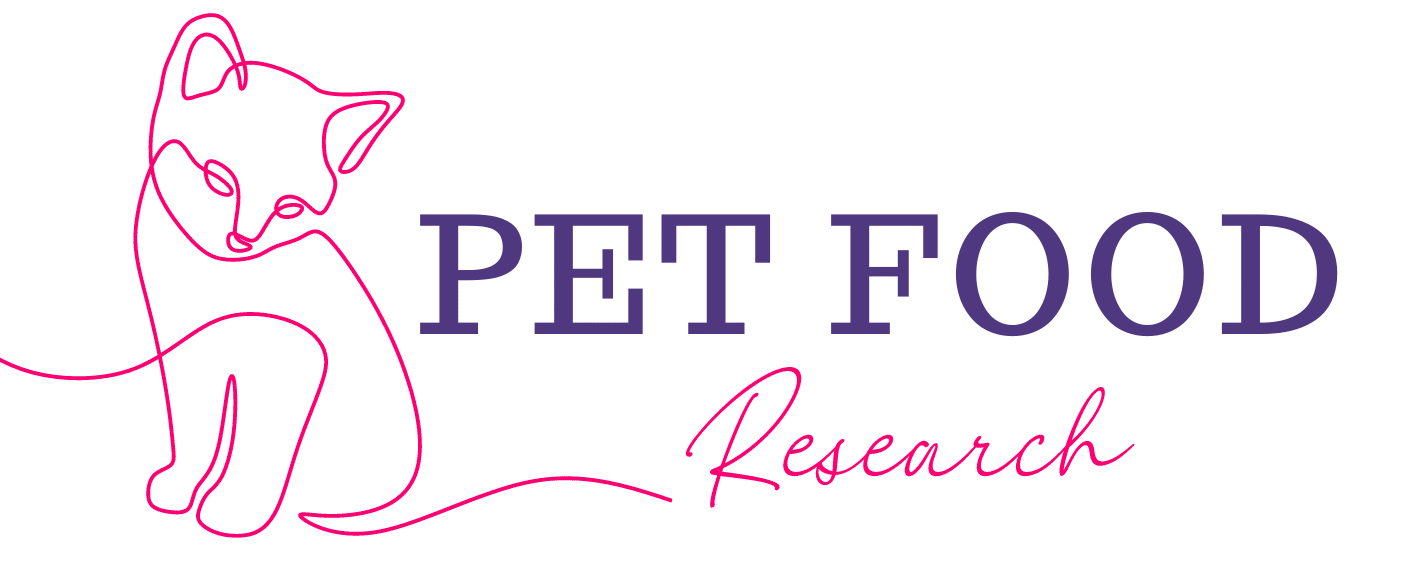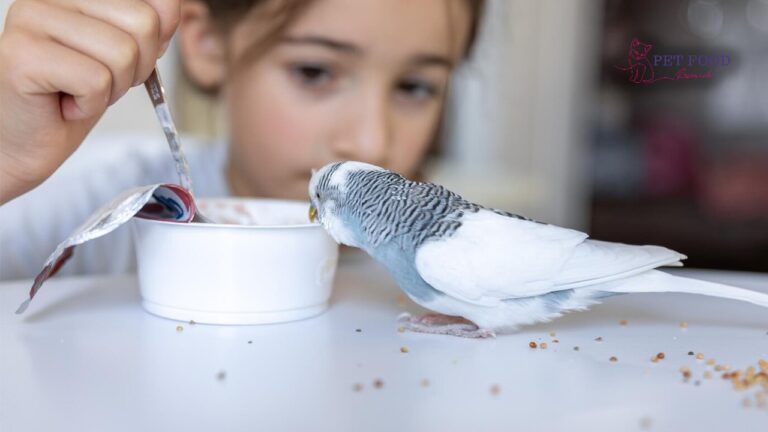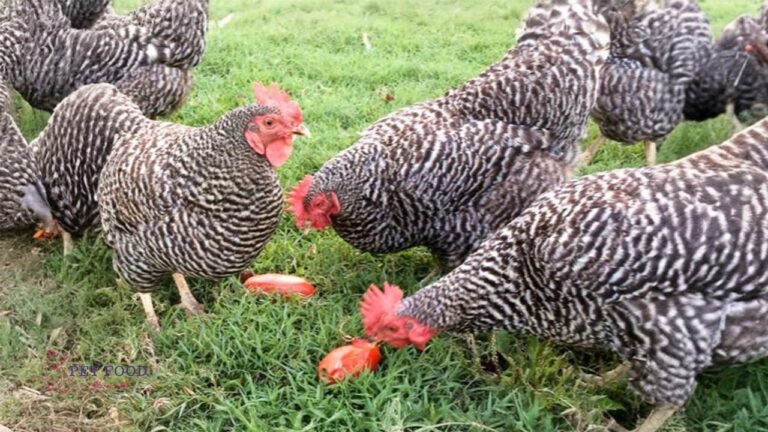Can Chickens Eat Peaches
Worldwide populations choose chickens as both pet animals and agricultural subjects belonging to the large bird species. Omnivores are what these animals are because they consume both plants and animals. Chickens consume a diet composed of fruits as well as vegetables together with grains and also eat insects. Do you wonder about the potential of can chickens eat peaches to consume peaches among other types of fruit
Chickens maintain a proper diet by consuming peaches which belong to the fruit category.The peach is a healthy and delicious food product that is a source of juice and has numerous health benefits to human beings. The food substance contains essential nutrients including vitamins and minerals. Can chickens consume peaches along with humans or are peaches unsafe for their consumption Do peaches present a safe food choice for your chicken flock
Do The Peaches hurt Chickens
Yes, peaches are a safe diet for your chickens and most of them love to eat peaches for their sweetness and juicy nature. The pulp of the peaches contains healthy nutrition and more water content that makes a healthy treat for your can chickens eat peaches.
Preparation of Peach Treat for Your Chickens
Yes, can chickens eat peaches are a safe diet for your chickens and most of them love to eat peaches for their sweetness and juicy nature. The pulp of the peaches contains healthy nutrition and more water content that makes a healthy treat for your Can chickens eat peaches

Preparation of Peach Treat for Your Chickens
- Fresh ripe juicy peaches should be the things you give your birds always
- First, wash the peaches with clean water so that any chemicals, pollutants, or pesticides can be removed that can be harmful to your flock
- Remove the peel and give the pulp part of the peaches to your chickens
- If there is a large peach, it is better to cut it into small chunks so that chocking can be avoided and chickens can eat it properly
- Remove the pits and seeds of the peaches before feeding to your flock because they contain toxic substances like cyanide that can pose serious health outcomes and oxidative stress
- Do not feed peaches to your flock as a regular diet on a daily basis
- Chickens should not receive moldy peaches or rotten ones since these items lead to stomach discomfort
Canned peaches can give to chickens
Chickens accept canned peaches as an alternative food source when fresh peaches are scarce in their diet and they have a taste for these snacks. . Can Chickens Eat Peaches The canned peaches are preserved ones that are stored for a longer period. They also contain high-sugar water and different preservatives that may not be healthy for your flocks.
Feed your flocks just considerable quantities of canned peaches together with some different fresh fruits or veggies You can also mix canned peaches into their regular diet but only in a small amount and once a week.
Healthy Nutrition of Peaches for Chickens
Peaches would contain a lot of beneficial and essential nutrients that would be healthy and beneficial both to the human beings and to the chicken. Although the number of peaches included in the diet of chickens varies from that of humans the health benefits are almost the same. Nutritional value of peaches is discussed as:
Sugar/ Carbohydrate content of peaches
The carbohydrate present in peaches is fructose as in other fruits. The carbohydrate content of the peaches meets the energy requirements of your flock and provides them with healthy calories. Peaches are also rich in fiber that fulfills the appetite, improves digestion, and prevents GIT issues in your chickens.
The vitamin C content of Peaches
Peaches are rich in vitamin C or ascorbic acid which is an essential nutrient. It acts as an antioxidant. It fights free radicals, removes oxidation, and prevents stress among chickens. It helps in increasing the immunity of chickens and reduces the disease rate. However, if you are keeping the flocks for egg purposes, the vitamin C content of peaches helps you in having more eggs. Because vitamin C increases the egg–laying rate and egg–hatching ability of your chickens as well.
Vitamin A content of Peaches
The other carotenoids contained in peaches such as vitamin A are also quite essential to your flocks. By this, vitamin A is an antioxidant just like vitamin C. It also lowers oxidative stress and also boosts the immune system of chickens to combat disease-inducing pathogens. It also enhances the eyesight of chicken. It plays an immense role in how the chickens are supposed to grow and develop. And also improves egg production in chicken.
Vitamin K content of peaches
Vitamin K is another vital vitamin to majority of chickens. Vitamin K plays a role in blood coagulation and it decreases intoxications by anticoagulants. It is also very helpful when your chickens are on drugs such as antibiotics or in cases of bleeding whether it is because it is an injury or because of any other reason.
Mineral content of peaches
Peaches have been found to be great source of various minerals, namely, potassium, magnesium, manganese, calcium, phosphorus, iron, copper and zinc. All these minerals are required to the body functioning of your chickens. Iron decreases the chances of anemia in chickens. Although, zinc, copper, phosphorus, and manganese also play roles in enhancing the level of egg production in your chickens.
Number of Peaches that are Safe to Chickens
Your chicken’s diet should include only 10% of fruits and vegetables. Whereas, commercial feed is and grains need to make the major part of their diet
- You should provide your chicken with small peaches or half of large peach, at a time
- The peaches should not be given to chickens daily, rather, they should be given weekly because these are not a staple food for your flock
- If you give peaches in moderation to your flocks this way it will help in preventing infections, illnesses, and many other health issues in your flocks
Conclusion
Can Chickens Eat Peaches can be included in your chicken’s diet but in moderation and once a week. As these are very nutritious, juicy, and pulpy fruits, chickens like to eat them. Make sure to remove the skin, pit, and seeds of the peaches before feeding your flocks to prevent any health outcome



